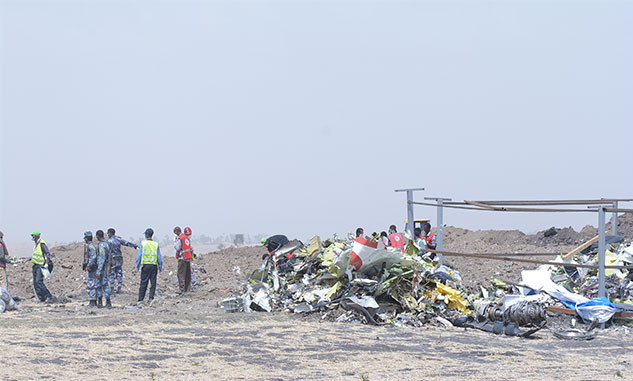
Fortune News | Jul 06,2019
Sep 7 , 2019
By
As patriotic as Ethiopians may be, they are given to flight more often than not. It is not so much a lack of love for country as it is a pressure to escape from the vagaries of a developing nation.
Recently, I had the opportunity to meet friends and cousins I have been estranged from for at least two years. Most are in their early to late 20s. They live scattered in the city, working in jobs as diverse as the service and construction sectors. Some work in family businesses, others are employed in organisations, and yet others operate their own business.
But there is one constant. They are all looking for a way out of the country. College graduates not looking for some kind of exit have become endangered species. It seems like no one is ready to state that they are happy with their current status. Worse, few see a bright future for themselves as long as they continue to reside in this country. If there is anything such as an Ethiopian Dream, a local version of the American’s national ethos, ours is immigrating elsewhere for a better future.
It just does not pay to live in Ethiopia. People hardly ever get anywhere through an honest day’s work. It pays much more to have luck, be a shameless exhibitionist and, most of all, have a wealthy family that owns nothing short of a piece of property that can be passed down. Otherwise, one might as well not try.
Take, for example, how many adults in their mid-20s live by themselves. From the dozens of Ethiopians I know my age, only two can boast of having an abode of their own. The same goes for the ownership of cars.
This is a result of the major mismatch between incomes and the cost of living. It is a miracle covering daily needs, let alone saving to buy a car or invest in any kind of profitable venture. Even if we are somehow able to save by cutting costs, by the time we have reached our goal, whatever we had intended to do with our money has already doubled in price.
The people that improve their wealth are not those that are employed but property owners. Short of any innovative approach to growing wealth in Ethiopia by the government, supply is flailing while demand is exploding. Property owners get richer as the value of their assets surge, the cost of living increases to the point only they can afford to survive and everybody else gets squeezed out.
If the state cannot uphold its promise of upward socio-economic mobility to its citizens, can anyone be blamed for wanting to leave?
Naturally, the only remedy to such a state of affairs is to go to a country that can afford to give us a promising socio-economic future. We are a generation who, despite our hard work, are consistently told to ask ourselves what we have done for our country by successive regimes. It is about time we ask just what the government is willing to do for us so we can contribute to the wellbeing of the country.
Socio-economic mobility needs to become part of the national discourse. This is a state that terribly needs a professional class – engineers, doctors and computer scientists – and unless it can make their economic fears and aspirations part of the debate, it will lose them.
There are currently no parties talking about giving the Ethiopian Dream a chance. There is no one promising to fix the economic institutions of the nation to the degree that hard work becomes a conduit to success. Except for the incumbent, not a single party has an economic road map. Most actually support the government’s management of the economy.
This is no mere economic argument. The socio-economic mobility of its citizens is the single most important source of a country’s pride. The primary objective of a state is not the continuation of an idea of a nation but the improvement of the lives of its citizens. Addressing this crucial gap and bringing the focus back to the economic wellbeing of the masses should be the first order of business in orienting the country toward a path citizens can see a future in. Otherwise, immigration will remain the Ethiopian Dream.
PUBLISHED ON
Sep 07,2019 [ VOL
20 , NO
1010]

Fortune News | Jul 06,2019
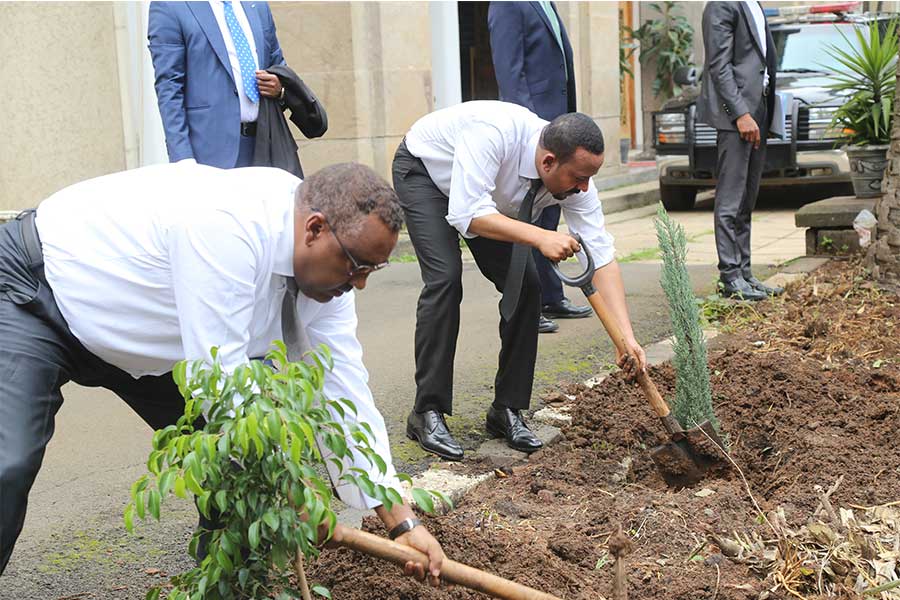
Agenda | Jul 27,2019
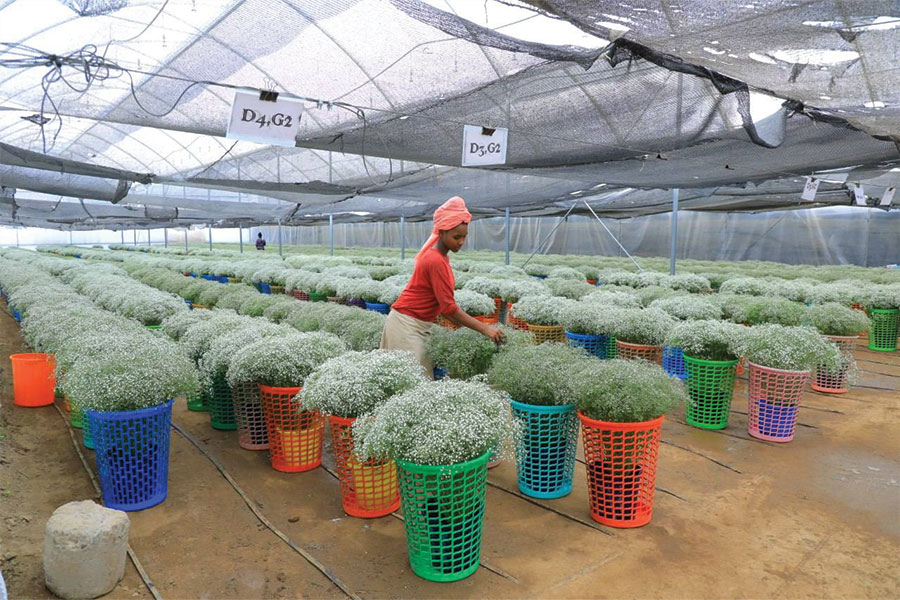
Fortune News | Aug 09,2025

Radar | Oct 26,2019

Commentaries | Jul 23,2022

Radar | Dec 19,2021
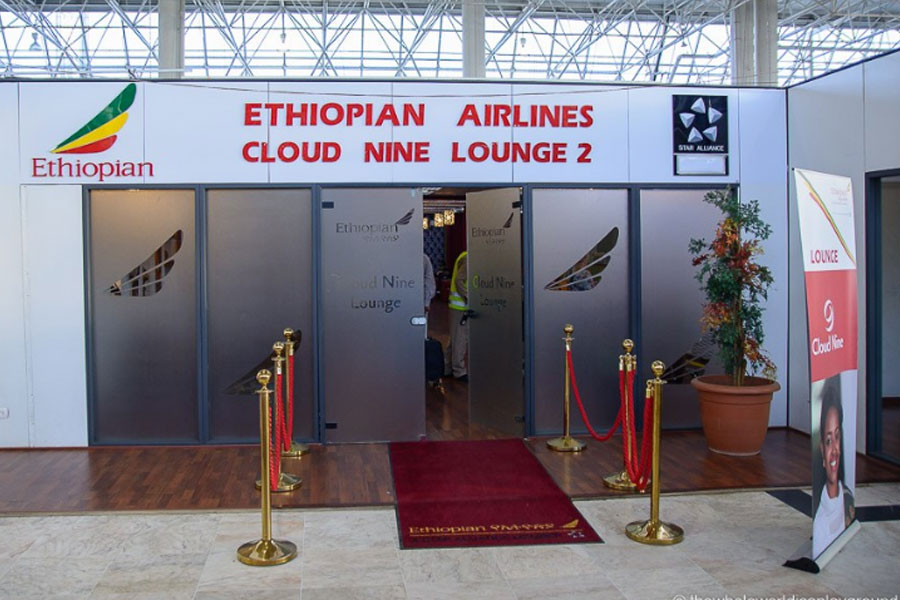
Fortune News | Apr 26,2019

Radar | Dec 04,2021

My Opinion | Oct 02,2021
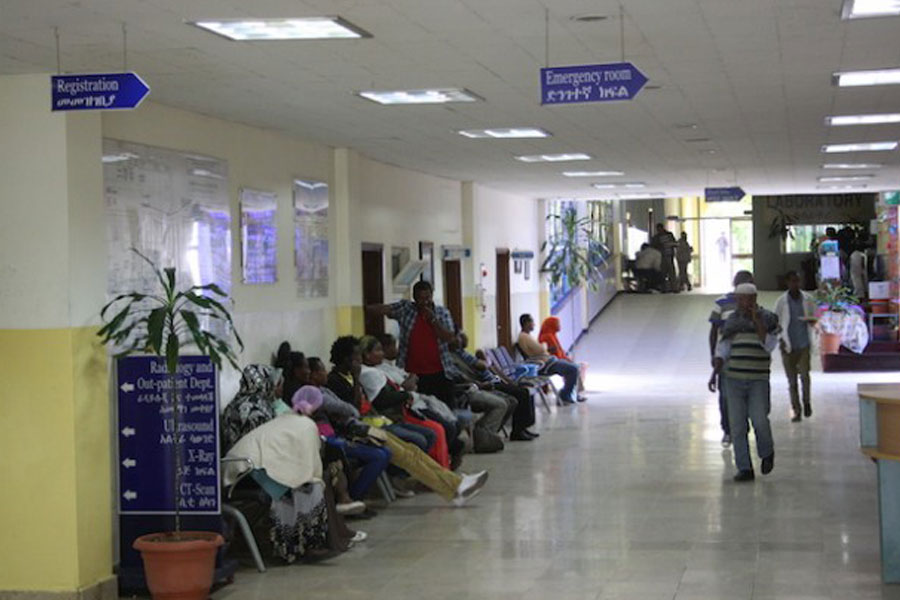
View From Arada | Feb 09,2019

Photo Gallery | 178336 Views | May 06,2019

Photo Gallery | 168537 Views | Apr 26,2019

Photo Gallery | 159324 Views | Oct 06,2021

My Opinion | 137067 Views | Aug 14,2021
Commentaries | Oct 25,2025

Dec 22 , 2024 . By TIZITA SHEWAFERAW
Charged with transforming colossal state-owned enterprises into modern and competitiv...

Aug 18 , 2024 . By AKSAH ITALO
Although predictable Yonas Zerihun's job in the ride-hailing service is not immune to...

Jul 28 , 2024 . By TIZITA SHEWAFERAW
Unhabitual, perhaps too many, Samuel Gebreyohannes, 38, used to occasionally enjoy a couple of beers at breakfast. However, he recently swit...

Jul 13 , 2024 . By AKSAH ITALO
Investors who rely on tractors, trucks, and field vehicles for commuting, transporting commodities, and f...

Oct 25 , 2025
The regulatory machinery is on overdrive. In only two years, no fewer than 35 new pro...

Oct 18 , 2025
The political establishment, notably the ruling party and its top brass, has become p...

Oct 11 , 2025
Ladislas Farago, a roving Associated Press (AP) correspondent, arrived in Ethiopia in...

Oct 4 , 2025
Eyob Tekalegn (PhD) had been in the Governor's chair for only weeks when, on Septembe...

Oct 25 , 2025 . By YITBAREK GETACHEW
Officials of the Addis Abeba's Education Bureau have embarked on an ambitious experim...

Oct 26 , 2025 . By YITBAREK GETACHEW
The federal government is making a landmark shift in its investment incentive regime...

Oct 29 , 2025 . By NAHOM AYELE
The National Bank of Ethiopia (NBE) is preparing to issue a directive that will funda...

Oct 26 , 2025 . By SURAFEL MULUGETA
A community of booksellers shadowing the Ethiopian National Theatre has been jolted b...